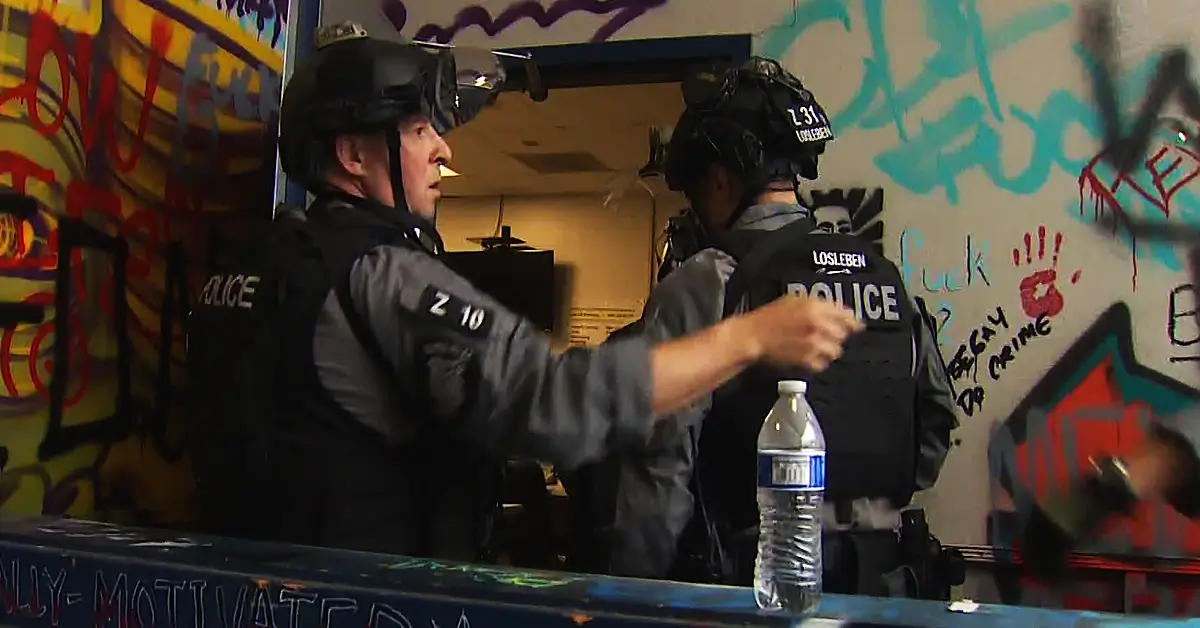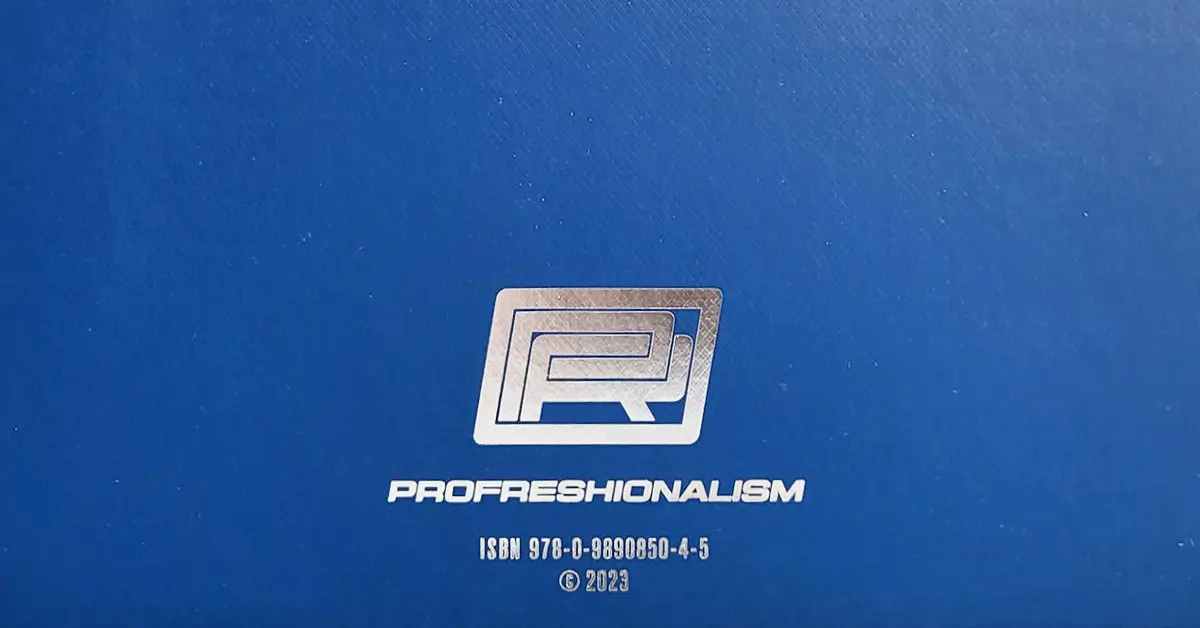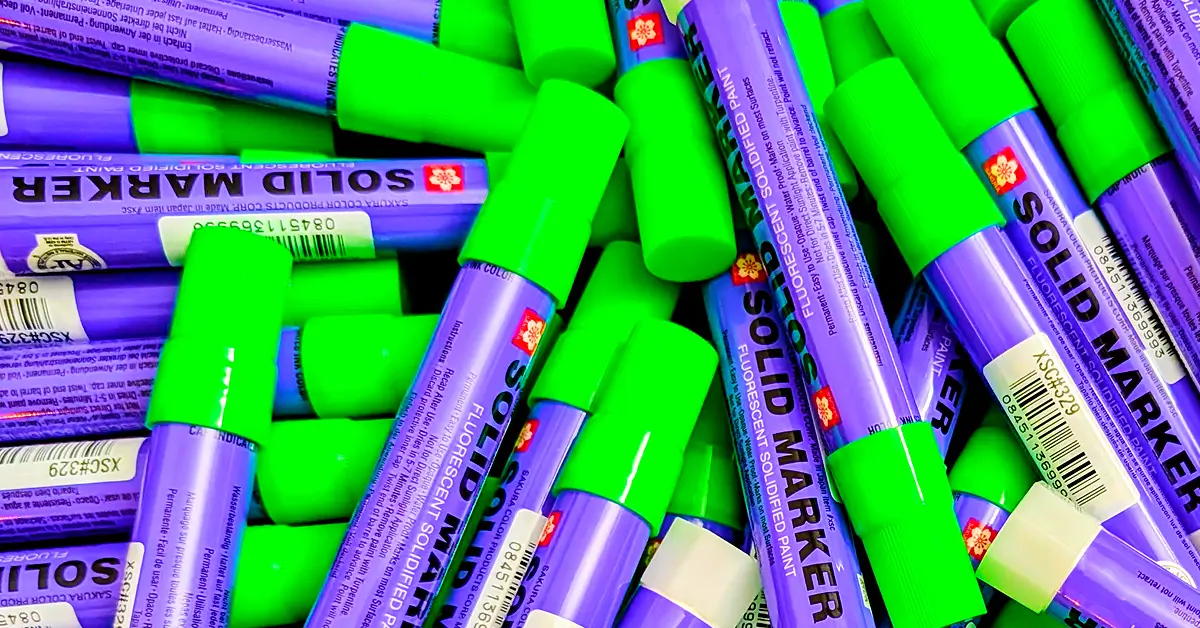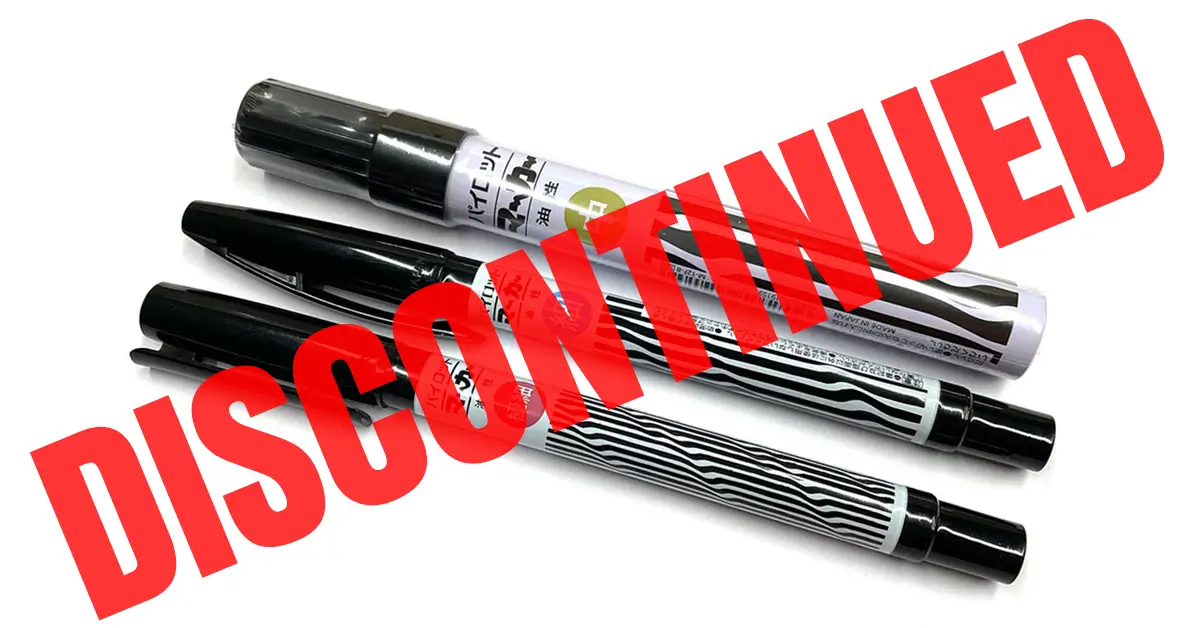Federal Judge Rules Seattle Police Can No Longer Make Graffiti-Related Arrests
After a ruling by United States District Court Judge Marsha J. Pechman on Tuesday, Seattle police officers are no longer permitted to make arrests related to graffiti. The judge granted a preliminary injunction, temporarily halting the enforcement of a section in Seattle’s municipal code that pertains to graffiti. This decision came as a result of a lawsuit filed by four plaintiffs: Derek Tucson, Robin Snyder, Monsieree de Castro, and Erik Moya-Delgado. They had been arrested earlier for using sidewalk chalk to write political messages, some of which were critical of the Seattle Police Department (SPD).
Judge Pechman noted in her ruling that one of the plaintiffs, Tucson, had written “peaceful protest” in charcoal, while the content of the other plaintiffs’ messages was not specified. All four were arrested for violating Seattle Municipal Code 12A.08.020. The previous version of the ordinance allowed imprisonment of up to 364 days and fines up to $5,000 for “property destruction.”
The plaintiffs alleged in their lawsuit that the ordinance was selectively enforced against them based on the views they expressed, violating their First and Fourteenth Amendment rights. They argued that the arrests had a chilling effect on their political speech and contended that the ordinance was overly vague and deprived them of due process, thus violating their Fourteenth Amendment rights.
Amended Ordinance
Following the lawsuit, the city of Seattle amended the ordinance, which came into effect on May 13. The revised version considered intentional damage to property or writing, painting, or drawing on property owned by another person as acts of property destruction.
However, Judge Pechman’s injunction only applies to the part of the ordinance that pertains to writing, painting, or drawing inscriptions. The Seattle City Attorney’s Office announced that it would resume charging cases of property destruction immediately, as clarified by the judge’s order.
Judge Pechman justified the injunction by stating that the plaintiffs had satisfied four factors: the likelihood of proving that the graffiti ordinance is vague and overly broad, demonstrating irreparable harm due to the loss of First Amendment freedoms, a balance of equities favoring the plaintiffs, and it being in the public interest.
The Seattle Police Department responded to the ruling, acknowledging the concerns raised by the community, businesses, and residents. They expressed the importance of addressing property damage, which is frequently reported, and stated that they are working with the Mayor’s Office and City Attorney’s Office to determine the next steps in light of the court’s decision.
Local businesses, such as Voula’s Offshore Café near the University District, expressed concerns about the impact of graffiti on neighborhoods and hoped for enforcement of graffiti laws to resume. Organizations like the U District Partnership and the Downtown Seattle Association have been actively involved in graffiti removal efforts, even prior to the enforcement of the ordinance, as they strive to maintain vibrant and clean neighborhoods.




